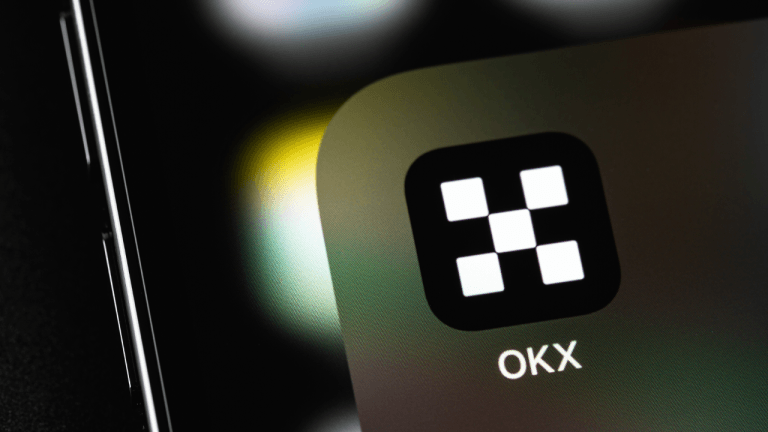
BlackRock's application for a spot Bitcoin ETF has kicked off the next Bitcoin bull run, which will culminate in 2024 with a speculative parabolic run, according to Morgan Creek Capital’s Mark Yusko.
BlackRock’s application for a Bitcoin exchange-traded fund (ETF) has sparked the beginning of a new crypto bull market, which will go parabolic at some point closer to the halving scheduled for April 2024, according to Mark Yusko, the chief investment officer and founder of Morgan Creek Capital.
“Based on Metcalfe’s law model, fair value for Bitcoin is around $55K. So I think we drift upwards toward that level,” said Yusko in a recent interview with Cointelegraph.
After that, Yusko predicted, speculators will come into the market en masse, pushing the Bitcoin (BTC) price beyond its fair value to new all-time highs.
“We probably will have a speculative blow-off top sometime in 2024. That leads to the next downturn and the next crypto winter," Yusko predicted.
Yusko is highly confident that BlackRocks’s Bitcoin ETF application will be approved by the Securities and Exchange Commission, thus becoming one of the catalysts for the next parabolic bull run.
“I think it’s a done deal. I think it’s been a done deal for years. They’ve just been waiting for the right time," he said, commenting on the application.
To find out more about Yusko’s Bitcoin price outlook for the next months, don’t miss the full interview and subscribe to our YouTube channel!


